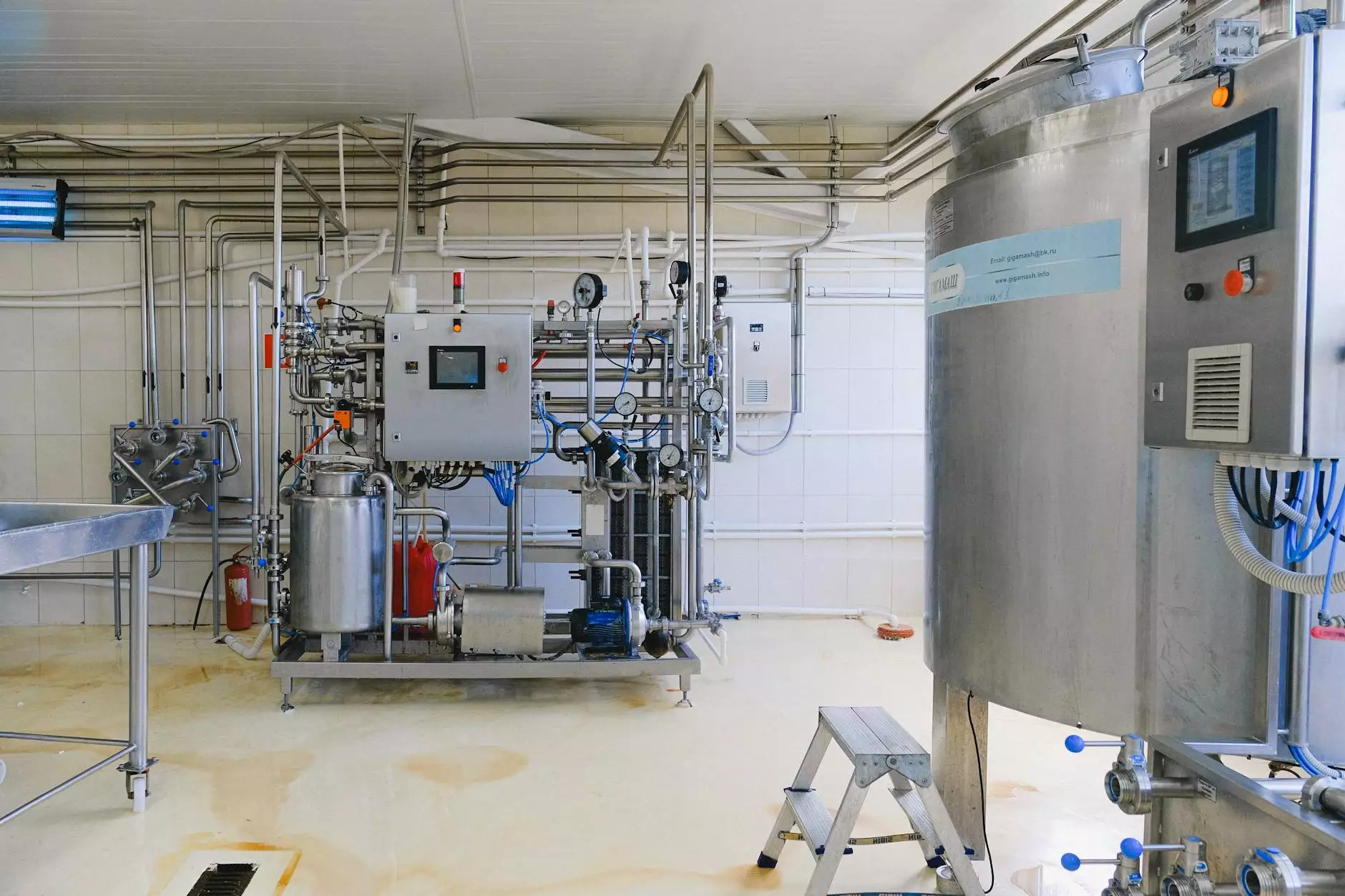The Importance of Cylinder Liners in Diesel Engines

In the world of diesel engines, one component that plays a pivotal role in their efficiency and functionality is the cylinder liner. Understanding what cylinder liners are, how they operate, and their significance in the overall performance of diesel engines is crucial for manufacturers, mechanics, and enthusiasts alike.
What is a Cylinder Liner?
A cylinder liner, also known as a cylinder sleeve, is a cylindrical component that fits into the engine block of a diesel engine. Its primary function is to provide a smooth surface for the piston to move against, thereby minimizing friction and wear. Cylinder liners can be either:
- Wet Liners: These are inserted into the engine block and have direct contact with the coolant. They assist in regulating the engine temperature and improving overall heat dissipation.
- Dry Liners: Unlike wet liners, dry liners do not contact the coolant. They are pressed into the block and rely on the oil to create lubrication between the piston and the liner.
The Role of Cylinder Liners in Diesel Engine Performance
Cylinder liners are integral to the operation of diesel engines for several reasons:
1. Durability and Long Life
Since diesel engines operate under extreme conditions, such as high pressure and temperatures, cylinder liners must be robust and durable. Quality liners can endure these conditions while protecting the engine block, thus extending the lifespan of the engine.
2. Enhanced Engine Efficiency
By providing a smooth surface for piston movement, cylinder liners ensure that the engine runs efficiently. Reduced friction between the piston and the cylinder allows for better fuel combustion and ultimately leads to enhanced fuel efficiency.
3. Heat Management
The ability to manage heat is vital in any diesel engine. Wet liners, in particular, help in dissipating heat effectively, preventing overheating and maintaining optimal operating temperatures which are essential for performance.
4. Improved Sealing
Quality cylinder liners help in creating a tight seal within the combustion chamber, preventing gas leaks and ensuring maximum pressure during combustion. This contributes to better engine performance and lower emissions, which is particularly important in today’s eco-conscious environment.
Types of Cylinder Liners
When considering the replacement or maintenance of cylinder liners, it's crucial to understand the different types available:
- Integral Liners: These liners are machined as part of the engine block and are not removable. They provide excellent strength but can be more challenging to replace if damaged.
- Replaceable Liners: These are designed for easy removal and replacement. They are an excellent option for maintenance as they can be swapped out with minimal effort and cost.
- Coated Liners: Some cylinder liners come with specialized coatings to reduce friction and wear, enhancing their longevity and performance.
Choosing the Right Cylinder Liner
Selecting the correct cylinder liner for your diesel engine is paramount. Factors to consider include:
- Engine Compatibility: Ensure that the liner you choose matches the specifications of your diesel engine. Consult the engine manual for recommendations.
- Material Quality: High-quality materials, such as cast iron or aluminum, offer better durability and resistance to wear and corrosion.
- Manufacturer Reputation: Opt for cylinder liners from reputable suppliers like Client Diesel to ensure you are getting reliable products that meet industry standards.
Maintenance Tips for Cylinder Liners
Maintaining cylinder liners is essential for the longevity and performance of your diesel engine. Here are some helpful tips:
1. Regular Inspections
Conduct regular inspections of your diesel engine, paying close attention to signs of wear in the cylinder liner. Look for scoring or scratches, which indicate that it may need replacing.
2. Use Quality Lubricants
Always use high-quality engine oil to minimize friction and reduce wear on the cylinder liners. The right oil will also help with heat dissipation.
3. Monitor Engine Temperature
Keep an eye on engine temperature. Overheating can lead to deformation of the cylinder liner, compromising its integrity and the engine's performance.
4. Address Overhaul in Time
During routine maintenance, if signs of wear or damage are detected, consider overhauling or replacing the cylinder liners to prevent further issues down the line.
Conclusion
The cylinder liner is a vital component of diesel engine performance. Understanding its functionality, types, and maintenance tips ensures that you can keep your engine running smoothly and efficiently. For those in need of quality diesel engine parts and reliable spare parts suppliers, Client Diesel offers a comprehensive range of products to suit your needs. By investing in the right cylinder liners and maintaining them properly, you can ensure the longevity and efficiency of your diesel engine, contributing to better performance and lower operational costs.
Further Reading
For those interested in learning more about diesel engines and their components, consider exploring the following topics:
- Diesel Engine Parts Overview
- Choosing the Right Spare Parts Suppliers
- Essential Engine Maintenance Tips
By expanding your knowledge on these subjects, you can enhance your understanding of diesel engine maintenance and optimize your engine’s performance for years to come.









